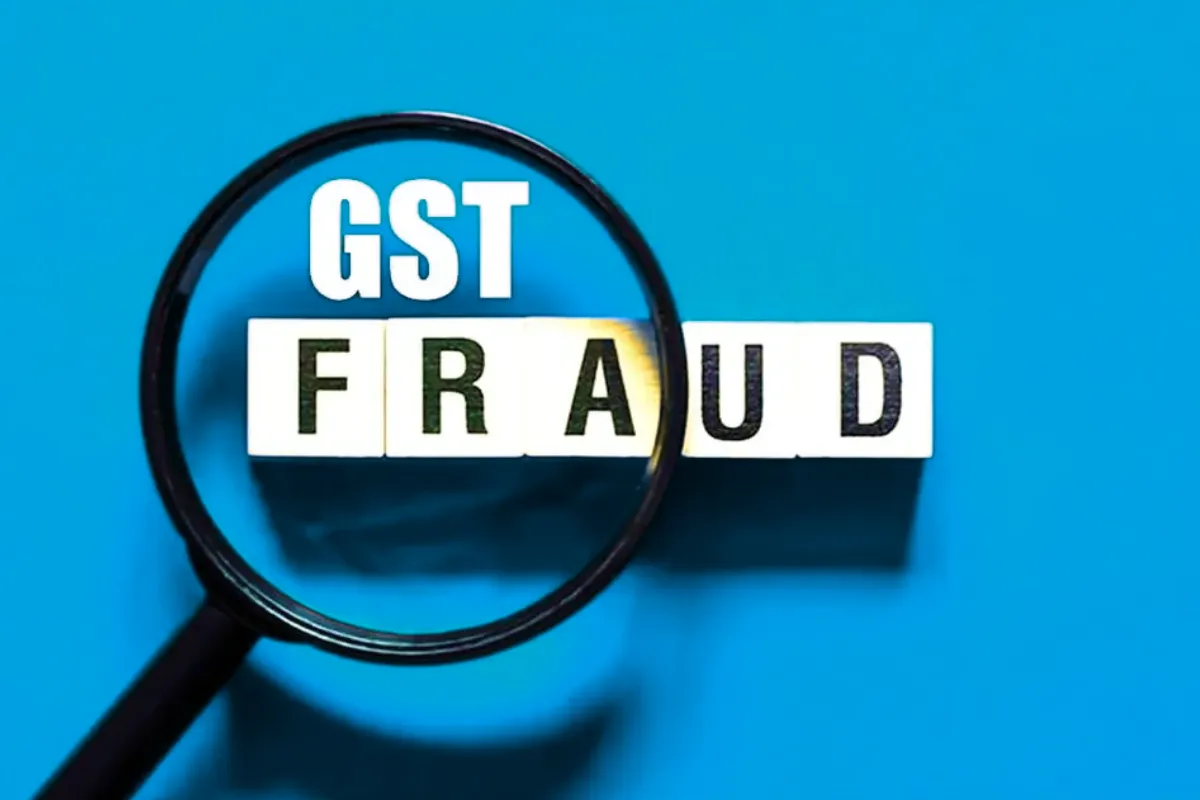GST Fraud Alert: The Goods and Services Tax (GST) was introduced in 2017 to simplify taxation and combat tax evasion. However, some individuals still create fake GST bills, posing a risk to businesses and consumers alike. This article equips you with the knowledge to identify and combat these fraudulent practices.
What is a GST Invoice?
Think of a GST invoice as a detailed receipt for a product or service. It includes crucial information like the supplier’s name, product/service details, purchase date, discounts, tax charges, and most importantly, the GST Identification Number (GSTIN).
GSTIN: Your Key to Authenticity
Remember, the GSTIN is a unique 15-digit number assigned to registered businesses. Businesses legally collecting GST must display their GSTIN on all invoices. Here’s how to use it to spot potential fakes:
- Decode the GSTIN: The 15 digits hold specific information:
- First two: State code
- Next ten: Supplier’s PAN number
- 13th: Unit number of the PAN holder
- 14th: Always “Z”
- 15th: Checksum digit
- Verify online: Visit the official GST portal (https://www.gst.gov.in/) and use the “Search Taxpayer” tool. Enter the GSTIN from the invoice. If valid, details will appear. If not, it’s a red flag.
For Example:
DON'T MISS
Imagine you’re buying a phone from a shop. The shopkeeper gives you a bill with a GST number on it. But when you check, you find out that the number is fake. This means the shopkeeper might be charging you extra money, pretending it’s for taxes, when actually, it’s just more profit for them. It’s like getting tricked into paying more than you should.
Beyond GSTIN: Additional Red Flags
Scrutinize the invoice for other inconsistencies:
- VAT/TIN instead of GSTIN: Be wary if the invoice mentions VAT/TIN or service tax registration numbers instead of GSTIN. Registered businesses cannot collect tax using these outdated systems.
- Inconsistent invoice details: Look for inconsistencies in the invoice number and date, product/service details with valid HSN/SAC codes (HSN for goods, SAC for services), and applied GST rates compared to current rates for the specific category.
- Unrealistic discounts or prices: Extremely low prices or excessive discounts often indicate attempts to evade tax through fake invoices.
Where to Report GST Fraud
Victims of fraudulent GST bills can promptly report incidents through the official GST portal or via email at cbecmitra.heldesk@icegate.gov.in. Lodging complaints ensures swift action against perpetrators and bolsters regulatory efforts to combat GST fraud.
